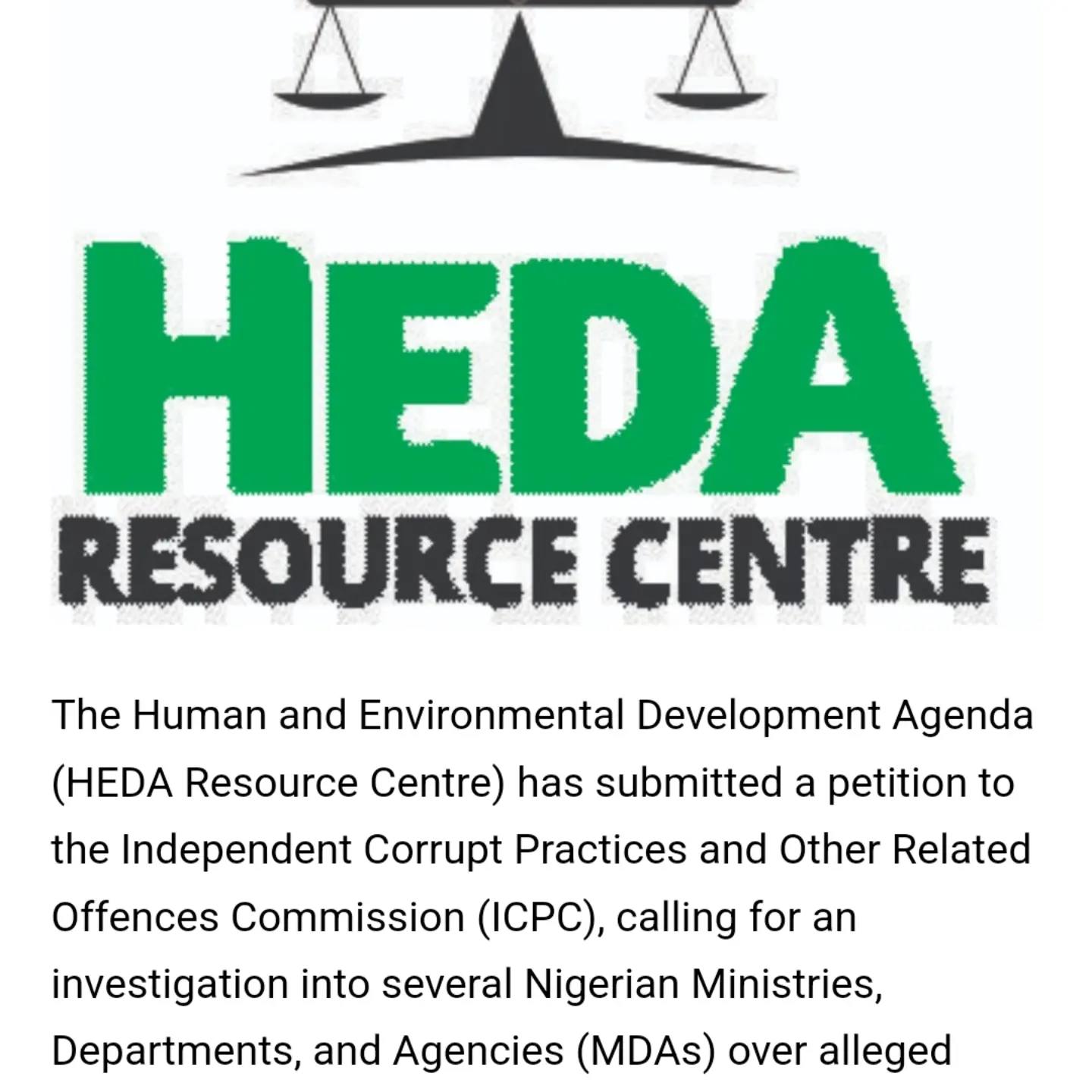The Court of Appeal sitting in Abuja in another landmark judgment has dismissed an appeal filed by the Central Bank of Nigeria (CBN) against a Federal High Court judgment compelling it to release information requested by the Human and Environmental Development Agenda (HEDA Resource Centre) on subsidized exchange rates granted to pilgrims between 2016 and 2020.
In a unanimous decision delivered by Justices Usman Alhaji Musale, Boloukuromo M. Ugo, and Mohammed A. Danjuma, the appellate court upheld the ruling of Justice Mobolaji O. Olajuwon of the Federal High Court, Abuja, which on May 3, 2023, directed the apex bank to provide the requested details. The court further awarded N500,000 in costs against the CBN in favour of HEDA.
The case began in 2020 when HEDA, acting under the Freedom of Information (FOI) Act, requested that the CBN disclose a comprehensive breakdown of the subsidized forex schemes it administered. The request covered the amounts disbursed under each scheme, sector-by-sector allocations, and the list of beneficiaries, including those under the foreign exchange intervention scheme. The Federal High Court granted HEDA’s request and ordered the release of the information.
Dissatisfied, the CBN appealed, arguing that the suit was statute-barred, that the lower court lacked jurisdiction, and that the FOI Act had been wrongly applied. It also claimed that no records existed on the pilgrims’ subsidized exchange rate. The bank further maintained that the trial court misinterpreted sections of the FOI Act.
The Court of Appeal rejected all these arguments. It ruled that transparency and accountability are matters of overriding public interest and clarified that under Section 20 of the FOI Act, an applicant denied access to information may approach the court for review within 30 days—or within such extended period as the court may allow, citing Order 34 Rule 3 of the Federal High Court Rules. The court also dismissed the CBN’s reliance on technicalities, stressing that the discretion to grant leave for judicial review lies with the court, not the applicant.
On the issue of evidence, the appellate court affirmed the supremacy of the FOI Act over conflicting provisions of Section 104 of the Evidence Act, noting that Section 22 of the FOI Act expressly asserts its overriding authority.
Reacting to the judgment, HEDA’s Chairman, Olanrewaju Suraju, described the decision as a landmark victory for transparency and accountability in Nigeria. He noted that the ruling reinforces citizens’ right to demand and obtain public information, especially in cases involving public funds and subsidies.
“This judgment is not just for HEDA but for all Nigerians who believe in openness in governance. It sends a clear signal to institutions that secrecy has no place in a democracy and that public resources must be managed in the light of accountability,” Suraju said.









